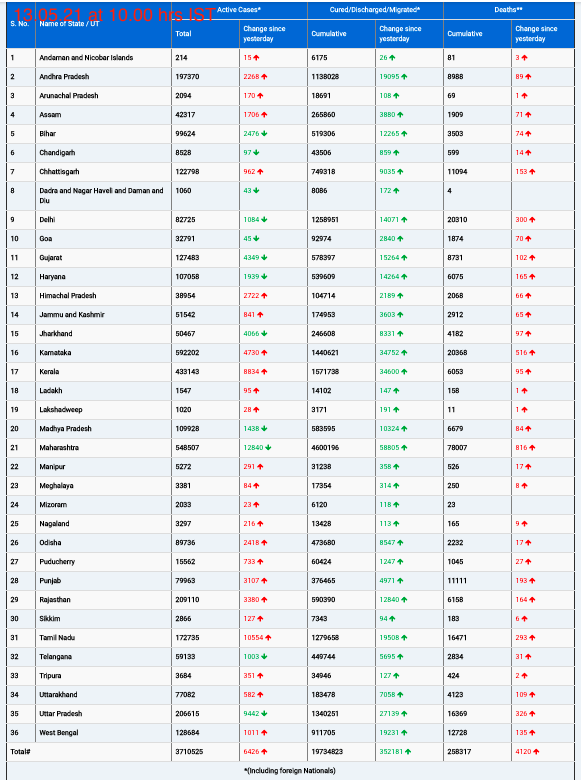September 26: On the occasion of World Contraception Day, experts have emphasized the urgent need for India to invest in contraceptive options, particularly birth spacing methods. With over 65 percent of the population in the reproductive age group, the country faces a crucial opportunity to improve maternal and child health outcomes through better family planning initiatives.
World Contraception Day, observed annually on September 26, seeks to raise awareness about the importance of family planning and reproductive health. This year’s theme, “A choice for all. Freedom to plan, power to choose,” highlights the significance of accessible and diverse contraceptive options.
Poonam Muttreja, Executive Director of the Population Foundation of India, stressed the importance of addressing India’s young population, where over 65 percent of individuals are under 35. “India requires urgent investment in contraceptive choices, especially spacing methods,” she told IANS. She noted that, according to the National Family Health Survey (NFHS-5, 2019-21), 4 percent of the country’s unmet contraceptive need pertains to birth spacing methods.
Muttreja highlighted the wide-reaching benefits of expanding access to contraceptive options, including improving health outcomes, reducing healthcare costs, and enhancing economic productivity. “Expanding access to these options will allow women to participate more effectively in the workforce while improving maternal and child health,” she added.
She also called for prioritizing high-quality care in family planning services. “Women who feel respected and valued are more likely to use contraception effectively and adopt healthier family planning practices,” Muttreja emphasized.
In a significant move, India introduced two Long Acting Reversible Contraceptive (LARC) methods into its public health system this year—the subdermal implant and the subcutaneous Antara injection. However, Muttreja pointed out that this advancement comes after a 30-year delay, depriving Indian women of options long available in other countries like Bangladesh, Nepal, and Sri Lanka.
Despite this progress, India still has work to do. The Union Minister of State for Health and Family Welfare, Anupriya Patel, recently announced that the acceptance of modern contraceptives in the country has increased to over 56 percent. The National Family Planning Programme currently offers a range of reversible contraceptives, including condoms, intrauterine devices (IUDs), oral pills, and injectables.
Dr. Neha Khandelwal, Director of Obstetrics and Gynecology at Cloudnine Group of Hospitals, New Delhi, also emphasized the importance of balancing family planning with reproductive health realities. “Contraception helps couples avoid unplanned pregnancies and space their pregnancies adequately, but it’s crucial not to overlook the biological clock. Fertility declines after 30 and rapidly after 35,” she cautioned, advising couples to have open discussions about the right time to start a family, both emotionally and biologically.
Male involvement in family planning was another critical point raised during the event. Muttreja urged for active participation from men, stating, “Engaging men as equal partners in family planning could unlock a critical pathway for driving meaningful change in the country.”
As India seeks to advance its family planning goals, investment in modern contraceptive methods and reproductive health services will be key to securing the well-being of future generations.
Key Highlights:
- Over 65 percent of India’s population is in the reproductive age group, making investment in contraceptive methods critical.
- Birth spacing methods can improve maternal and child health, reduce unintended pregnancies, and boost economic stability.
- India introduced two Long Acting Reversible Contraceptives (LARC) in 2023 after a 30-year delay.
- Experts urge for high-quality family planning services and increased male involvement in contraceptive use.












